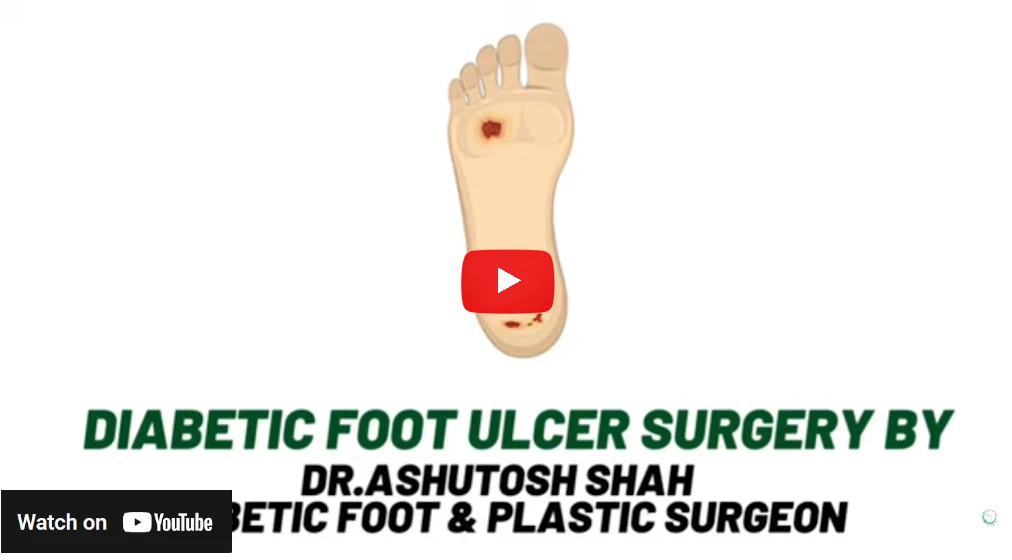Debridement

Introduction
Debridement is a critical procedure in the management of diabetic foot ulcers. By removing dead or infected tissue, debridement helps to reduce infection risk and promote faster healing. At Surat Diabetic Foot Care, we offer expert debridement services as part of our comprehensive approach to diabetic foot care.
Signs & Symptoms
-
Presence of dead or necrotic tissue in the ulcer
-
Signs of infection such as pus, redness, and warmth
-
Slow or stagnant healing of the ulcer
-
Unpleasant odour from the wound
When to Consult a Doctor
-
If you notice any signs of infection in your ulcer
-
If the ulcer is not healing despite ongoing treatment
-
If there is black or necrotic tissue present in the wound
Treatment Offered
Debridement involves the careful removal of dead, damaged, or infected tissue from the ulcer. This procedure can be performed using various techniques, including surgical instruments, enzymes, or special dressings. The goal is to create a clean wound bed that promotes healthy tissue growth and accelerates healing.

